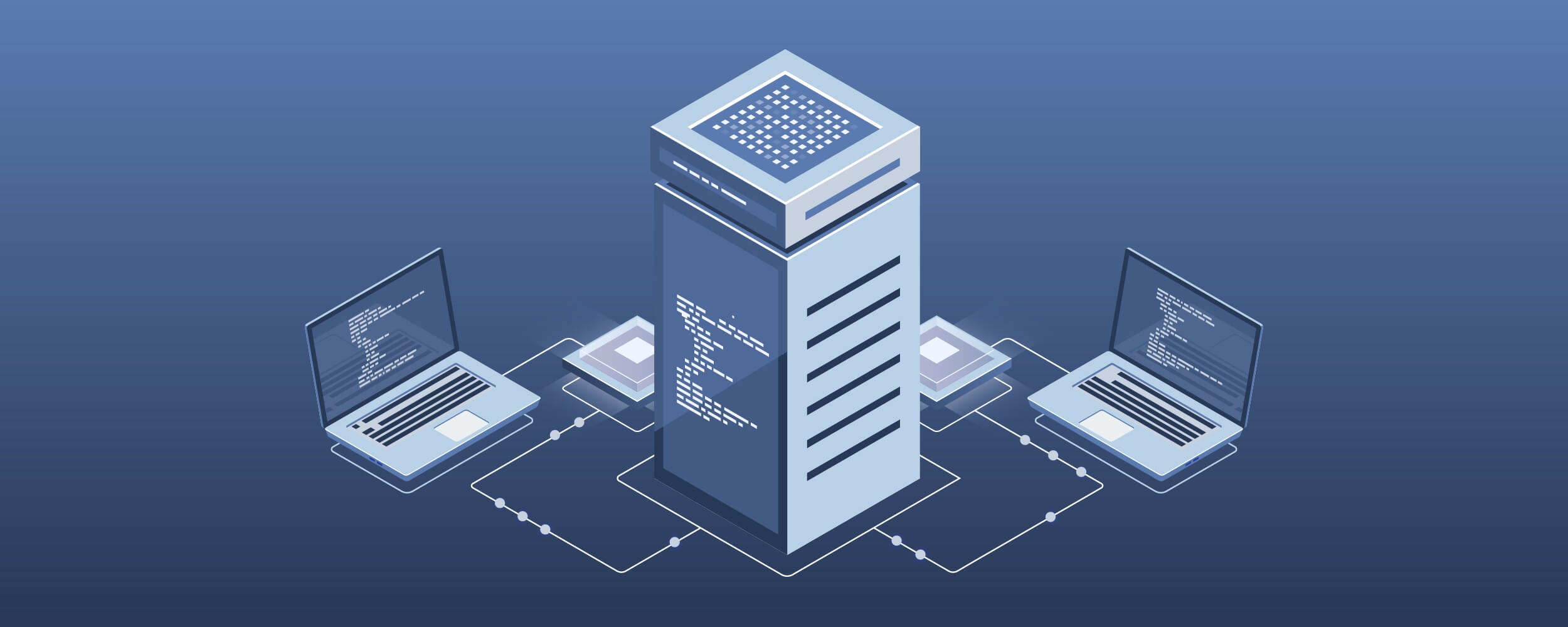Applying ITIL4 Discipline to DDI

Timothy Rooney
Jan 27, 2023

ITIL, formerly known as the Information Technology Infrastructure Library, is a documented set of best practices for use by an IT organization desiring to manage, monitor, and continually improve IT services provided to the enterprise organization. ITIL was originally developed by the UK Office of Government and Commerce, and is now managed by Axelos, a joint venture company created by the Cabinet Office of Her Majesty’s Government in the UK and Capita, plc.
Evolving Best Practices
Its IT-service oriented approach has been deployed by a number of organizations. The most common drivers for ITIL implementation include:
• Cost reduction of IT services delivery to the organization
• IT service level consistency and improvements
• Risk management through disciplined planning and evaluation of potential service-affecting changes
• Efficiencies in utilizing documented processes and continual improvement
ITIL 4, the latest version, was launched in February, 2019 as an evolution of version 3. There are many similarities between the two versions, but the major changes introduced in ITIL 4 include the following:
• The service value chain concept has replaced the ITIL 3 service lifecycle in order to loosen the implication of an ordered serial process and to more accurately reflect the use of service value chain activities alone or in conjunction with others in no specific order to provide value.
• The concept of how value is created has evolved from that of being created by IT alone (service provider) to that of being jointly created by the service provider and the service consumer, which in turn comprises the customer or services definer, user of the service and sponsor or budget authorizer.
• The concept of “process” has been broadened to that of “practice”, which defines a broader perspective and accounts for people, partners, technology and processes.
Designed as an evolution, ITIL 4 seeks to broaden the perspective of IT services management to broader organizational goals and constituents, while building upon most of the foundational concepts and processes specified in prior ITIL versions. ITIL best practices serve as an industry benchmark against which you can measure the effectiveness of your IT practices and plan for improvements.
Disciplined DDI Management
The institution of a disciplined and documented approach to performing IT functions can help save time and money. Performing service delivery functions in a consistent, repeatable manner yields predictable and measurable service levels. These service levels can then provide a measure of IT service expectations for the end user community and enable IT to meet or exceed such expectations regularly, maximizing efficiency and productivity.
As IT services increasingly require IP-based applications and services, the reliance on an effectively managed IP network grows. It follows that IP address management functions should be on the forefront when implementing a disciplined IT management scheme. To learn more, please view the recording of our recent webinar entitled, Applying ITIL Discipline to DDI.